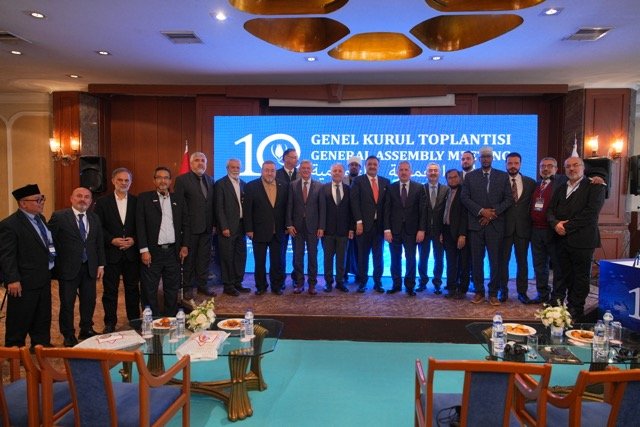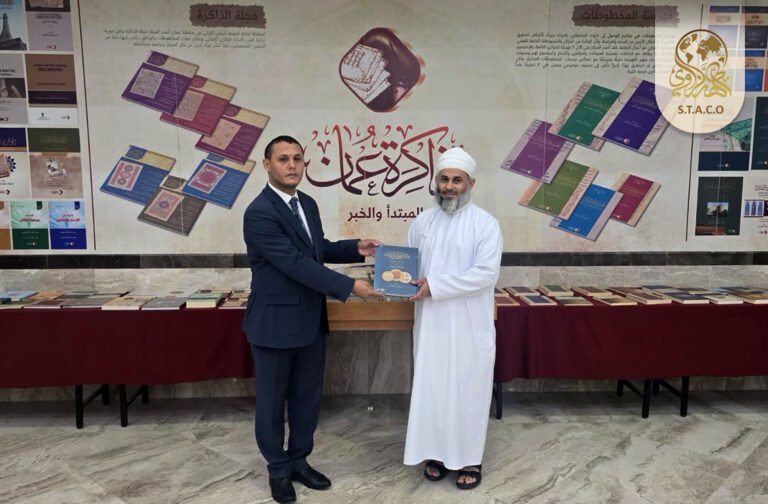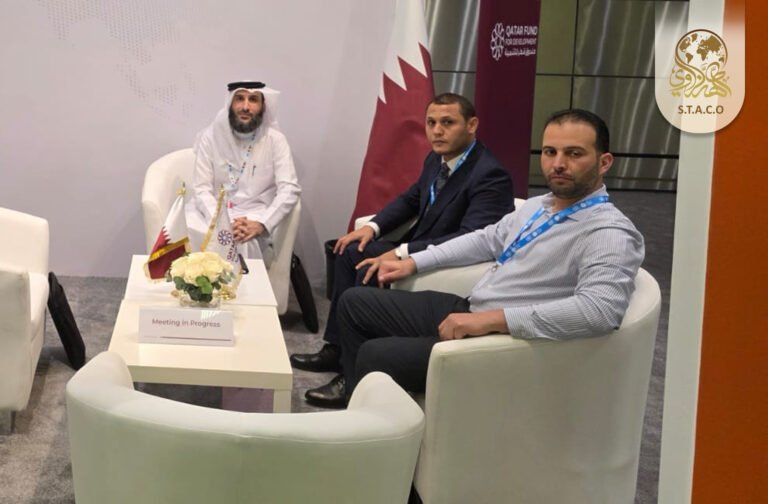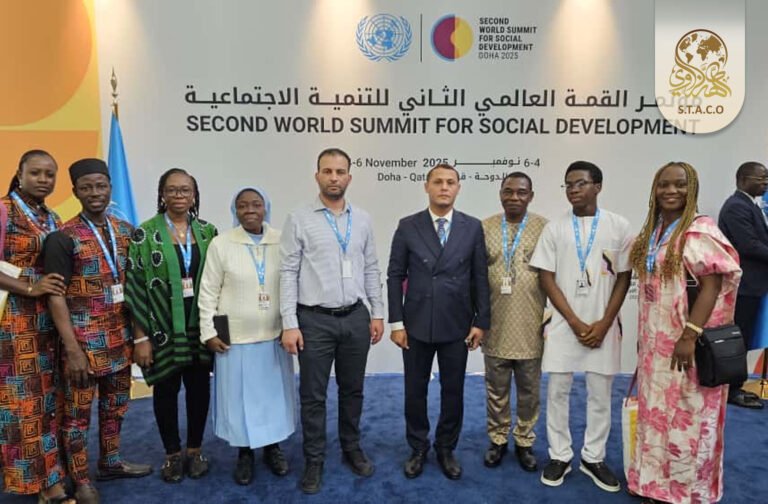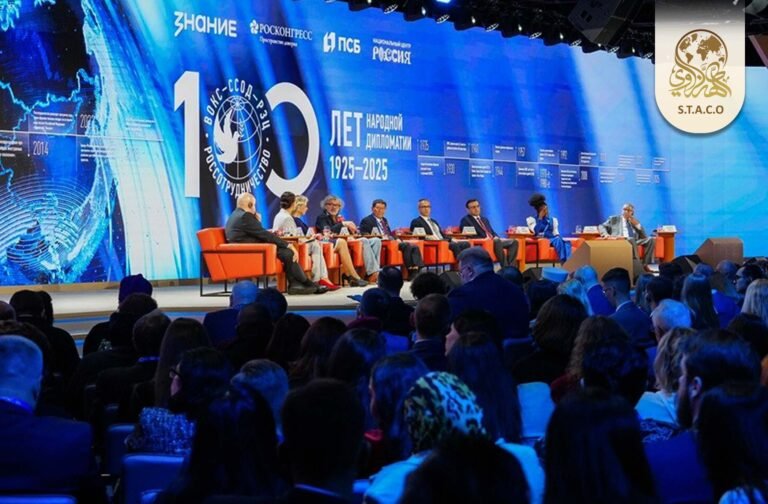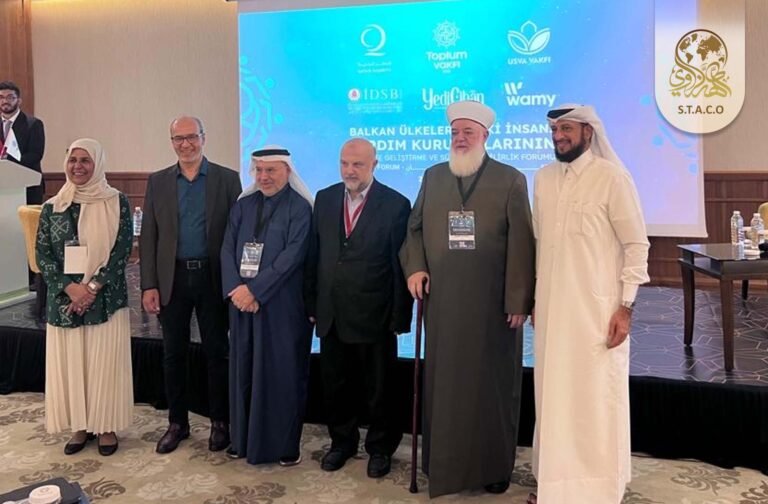After obtaining ICVA membership, Staco Charitable Foundation joins the International Federation of NGOs IDSB
STACO Charitable Foundation has won the honor of membership in the International Federation of NGOs, IDSB, due to its efforts in the field of humanitarian and voluntary work and its continuous work in the areas of sustainable development, which aims through it, in cooperation with all its local and international partners, to lay the foundations of development that will reflect positively on all segments of society and its segments without discrimination or exclusion.
IDSB is considered the second largest international federation working in the field of humanitarian and volunteer work after ICVA, and the union includes in its membership more than 152 members and more than 250 organizations around the world from institutions and international voluntary organizations working in the field, and the union aims to work to ensure Continuing sustainable development processes, strengthening coordination between non-governmental organizations in the Islamic world, contributing to the establishment of a just and lasting peace and stable environments around the world, and consolidating the principle of providing and protecting the freedoms and rights of individuals and communities.
The institution’s joining as a member of IDSB comes within the framework of establishing international partnerships with organizations working in the fields of development, community development and charitable work, in order to open up wider horizons of cooperation that allow for the exchange of experiences, knowledge and capabilities in order to achieve the desired goal of building a better future.
It is worth noting that the Foundation has previously obtained membership in the International Council of Voluntary Work Institutions (ICVA), and the STACO Foundation is currently working to obtain membership in the United Nations Economic and Social Council in New York “ECOSOC”, which is considered the heart of the United Nations system to achieve the three dimensions of sustainable development – economic and social and environmental. It is the main platform for encouraging discussion and innovative ideas, forging consensus to move forward, and coordinating efforts to achieve internationally agreed goals. It is also responsible for following up on major United Nations conferences and summits.
The Charter of the United Nations established the Economic and Social Council in 1946 as one of the six branches of the United Nations.


